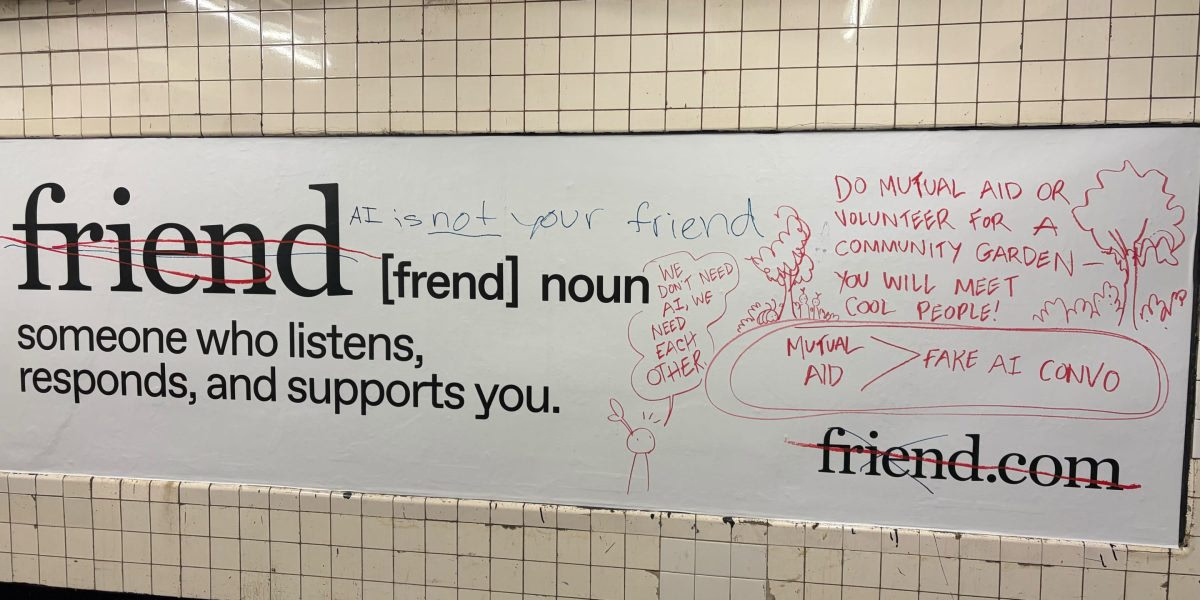
AI companies report severe mental health risks among users as aggressive companion ads face backlash in New York
OpenAI reported that millions of weekly users show signs of severe mental health issues or exclusive AI attachment, coinciding with public vandalism of AI companion ads in NYC.
October 28, 2025 - 03:29 PM ET • 2 min read
Recent reports from major artificial intelligence (AI) developers indicate significant mental health concerns among users, even as a startup's aggressive marketing campaign for a wearable AI companion faces intense public backlash and vandalism in New York City.
OpenAI, the developer of ChatGPT, warned that a measurable fraction of its weekly user base exhibits signs of severe mental health problems or unhealthy attachment to the AI model.
The company estimated that approximately 560,000 people per week (representing 0.07 percent of its 800 million weekly users) show signs compatible with mania, psychosis, or suicidal intent. Furthermore, OpenAI reported that 0.15 percent of weekly users, equating to about 1.2 million individuals, send messages containing explicit indicators of possible planning or intent to end their lives.
In addition to these acute risks, the company noted that more than one million users display signs of exclusive attachment to the AI model. OpenAI cautioned that this attachment often occurs at the expense of real-world relationships, personal obligations, or overall well-being.
These warnings coincide with a highly visible and controversial advertising campaign for Friend, a startup selling a $129 wearable AI companion pendant. Friend, founded by 22-year-old CEO Avi Schiffmann, spent nearly $1 million to place more than 10,000 advertisements throughout the New York City subway system over the late summer and early autumn of 2025.
The campaign, which featured intimate and needy slogans such as "I'll binge the entire series with you" and "I'll never leave dirty dishes in the sink," was described by an MTA billboard marketing agency as the biggest campaign in the subway system this year.
The deluge of ads has provoked widespread public anger and vandalism across the city's five boroughs. Many of the posters have been ripped, torn, and covered in graffiti criticizing both the product and the concept of AI companionship. Vandalism included messages questioning the AI's capacity for genuine care and urging commuters to befriend senior citizens or volunteer instead of relying on a chatbot.
Schiffmann, whose product is a plastic disk containing a microphone and Bluetooth chip designed to ping Google's Gemini AI, referred to the extensive advertising process as "addicting." Despite the significant outlay for the campaign, which covered huge swaths of the subway system, the company has sold approximately 3,000 units of the wearable pendant.